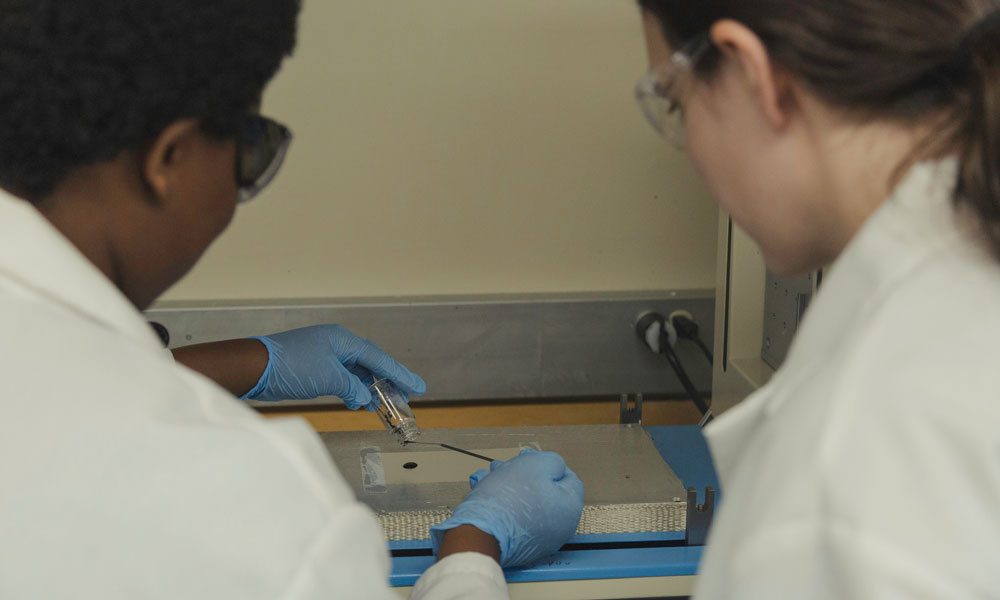Ram B. Gupta, Ph.D., associate dean for faculty research development at the Virginia Commonwealth University College of Engineering and a professor in the Department of Chemical and Life Science Engineering, is testing a method to convert a corn processing waste byproduct into a valuable renewable source to power the batteries in electric and hybrid vehicles.
“We will be taking residue from corn and converting it into biocarbon and testing it for batteries,” he said.
Gupta and several researchers at partner universities have received a $2.16 million grant from the U.S. Department of Energy’s Bioenergy Technologies Office and the U.S. Department of Agriculture (USDA) National Institute of Food and Agriculture. One of the goals of the federal effort to optimize ethanol plants and other biorefineries is to identify high-value products from their waste streams.
The South Dakota School of Mines & Technology in Rapid City, South Dakota, is leading the project to demonstrate the cost-effective production of biocarbon, carbon nanofibers and other bioproducts from these waste streams. Such useful products could generate revenue for the facilities and help reduce their fuel costs. The other institutions on the three-year project are Old Dominion University, Idaho National Laboratory and Southwest Research Institute.
Gupta has previously done research on creating biocarbon from other materials such as lignin, which is a byproduct of the pulp and paper industry, and pea protein.
“Right now battery components come from mined graphite, which is a fossil source and could run out. It is something that is not renewable,” Gupta said. “Our goal is to have battery components that are renewable and domestic.”
